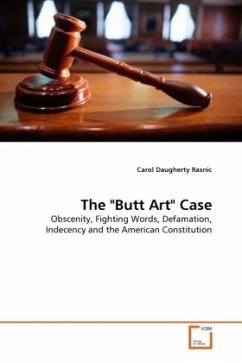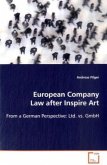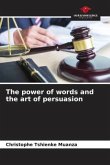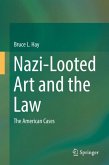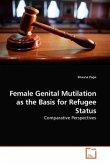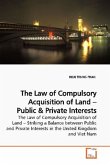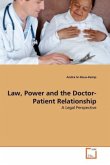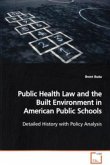This article discusses American constitutional freedom of speech. The U.S. Supreme Court has crafted exceptions to this protection, including communications that constitute a "clear and present danger"; "fighting words"; obscenity; and/or defamation, each which is elaborated upon herein. Additionally, there is a "hybrid" area of expression, for example, communications that require governmental regulation or which receive federal, state or local governmental financial funding, that the Court has held to be entitled to a limited, or restricted constitutional protection. A particular focus is the highlight upon a 2008 Virginia litigation involving a public school teacher's termination arising out his display and sale of his questionable art" The paper concludes with a brief summary of applicable Irish and German law, both constitutional and statutory, with a projection of how this case might have been decided, had the instance occurred there.
Bitte wählen Sie Ihr Anliegen aus.
Rechnungen
Retourenschein anfordern
Bestellstatus
Storno

